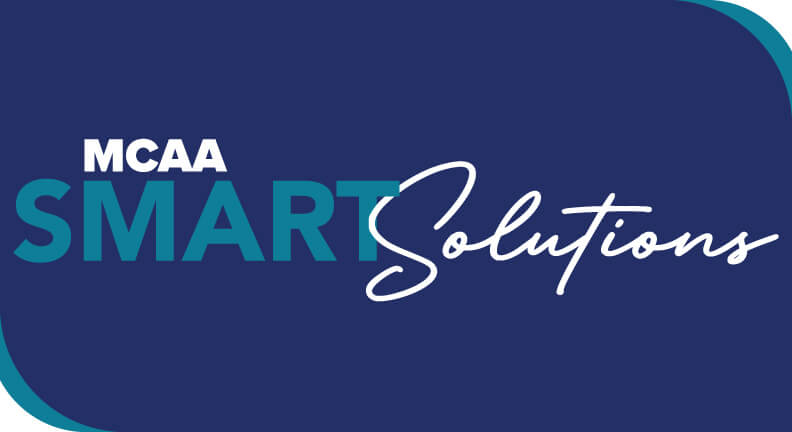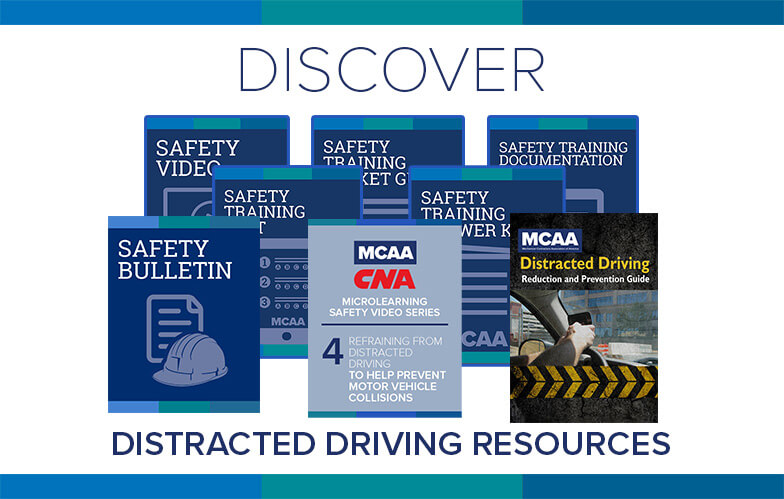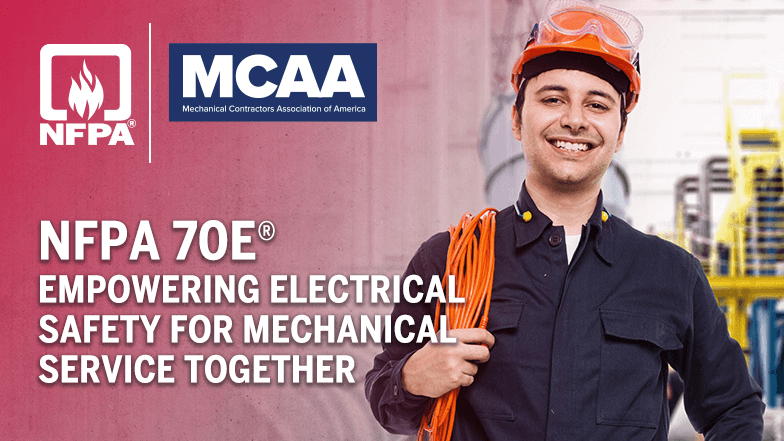
We wanted to share news regarding the Paycheck Protection Program Flexibility Act. of 2020:
PPP Flexibility Act of 2020: On Thursday, May 28, the House passed the PPP Flexibility Act. with a vote of 417-1. This is clearly a bipartisan piece of legislation that now goes to the Senate for the next phase in the process. The President has indicated his support for the bill. Based on what we are seeing it appears likely this bill will pass in some form. The changes proposed in this bill were largely included in the HEROS Act, which stalled in the Senate. This bill attempts to “carve out” changes to the PPP into a standalone bill to allow it to be pushed through without delay.
Our overall first reaction to this bill is that it is extremely borrower friendly. Congress appears to be attempting to open several doors to borrowers to allow for full forgiveness of the loan. The bill is without question a game changer.
Here is what we know:
- Covered Period Extension: The covered period would be extended from 8 weeks to 24 weeks. There is some discussion that the Senate may want to shorten this to 16 weeks but that is not yet clear. This change is significant because it provides borrowers enough time to use all of the funds to obtain max forgiveness. Perhaps more importantly, if you have an FTE or wage reduction, that could be mitigated by a substantial increase in forgivable expenses incurred during the longer covered period. For example, if you had a $100k loan, spent all $100k and suffered a 50% FTE reduction, you would only have $50k of the loan forgiven. If the covered period is extended and you now have spent $200k on forgivable expenses, even with the 50% FTE reduction, you could have all $100k of the loan forgiven.
- 75% Rule Relaxed: The bill would change the ratio of forgivable nonpayroll costs to payroll costs from 75%/25% to 60%/40%. This will allow borrowers to get a much higher benefit for non-payroll costs like rent, utilities, interest, etc. This is a nice win for borrowers who operate with low overhead or with limited staff.
- FTE Rule Relaxed: Borrowers will have a new, fifth potential safe harbor from the FTE rule. If the borrower can demonstrate (1) they were unable to rehire individuals who were employed on 2/15 (i.e., the original safe harbor rule), (2) they could not re-hire employees of similar skill sets or (3) they are able to document that they were unable to return to a similar level of activity when compared to 2/15 as a result of social distancing guidelines or other restrictions put in place by federal or local governments (e.g., capacity restraints put on restaurants), they will be allowed to ignore FTE reductions during their covered period.
- Payroll Deferral Program Extended: The IRS ruled that borrowers could take advantage of the employer payroll tax deferral provision until the date they received loan forgiveness. This bill would extend that through December 31st regardless of the status of the loan.
- Term of Loan Extended: The repayment term of the portion of the loan proceeds that are not forgiven would be extended from 2 years to 5 years. In addition, repayment does not need to begin until 1 year after the origination of the loan (rather than the current terms which require loan payments to begin 6 months after origination).
Reminder Section: (what should I be doing):
- Call your payroll company about claiming the payroll tax deferrals and employee retention credits that were made available in the CARES Act.
- Talk to your payroll company about the Sick Pay Bill (passed prior to the CARE Bill).
- Consider speaking with your bank to discuss changes to terms of existing debt facilities. The banking system remains strong.
- If you have already applied for the PPP, start forecasting how you intend to spend the funds and how to qualify for the highest amount of forgiveness possible.




